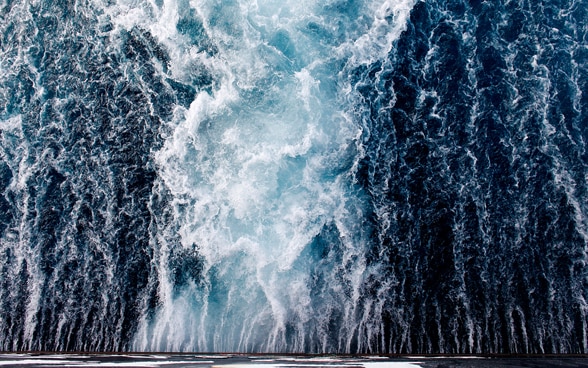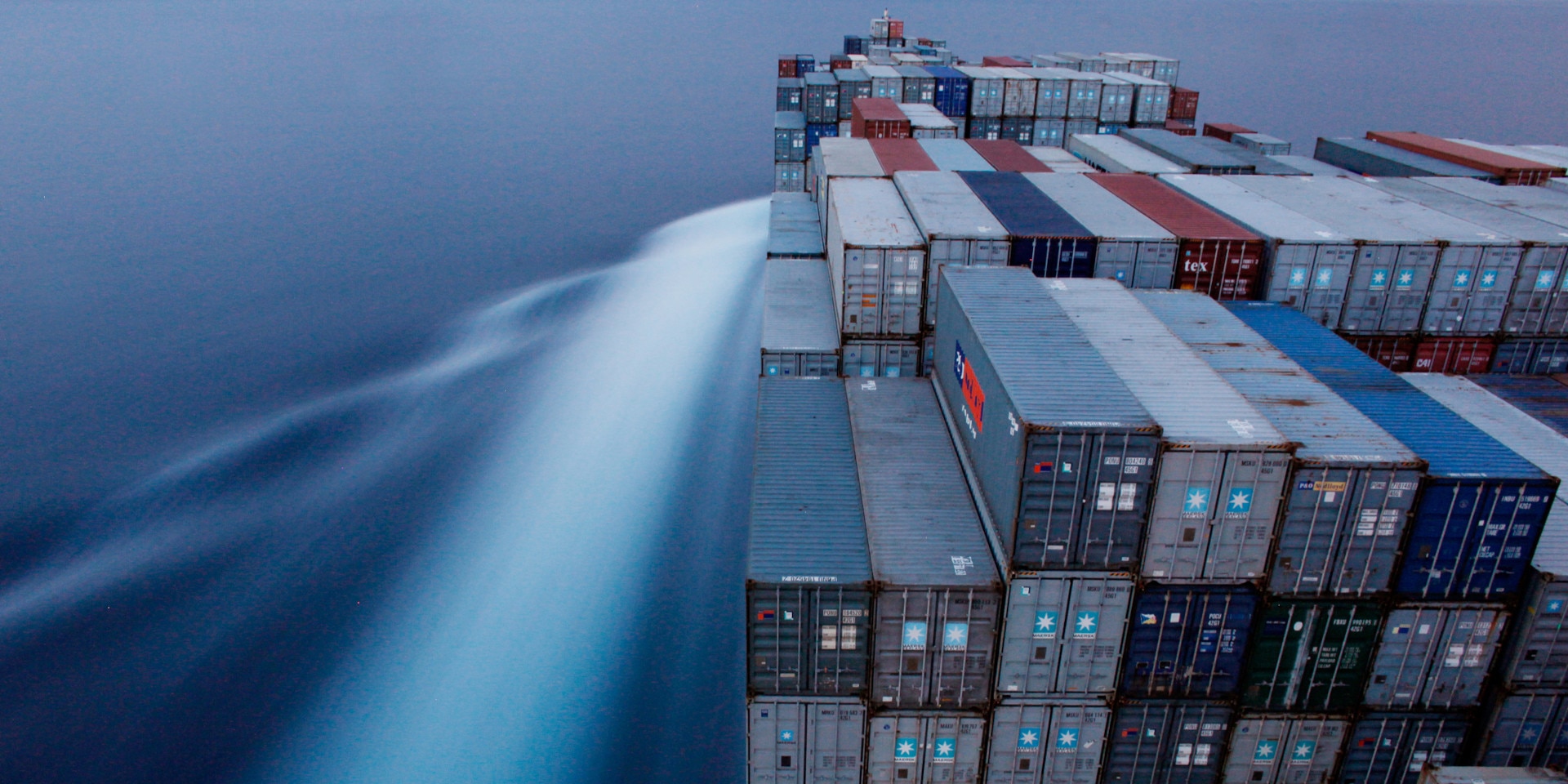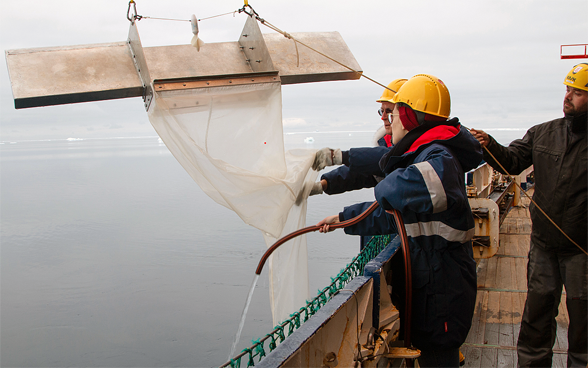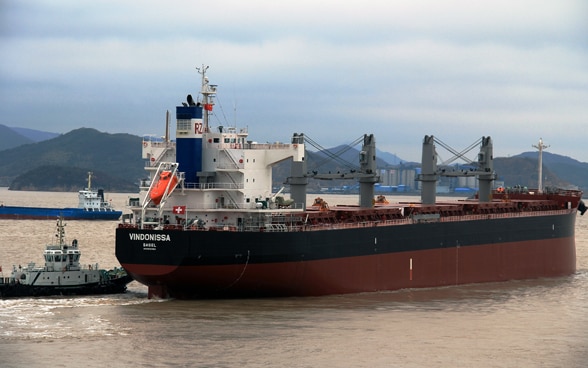International law
With its globally interconnected economy, Switzerland has an interest in compliance with international law in the maritime sector. It is involved in various forums at the global level to ensure that treaties are implemented correctly and that the relevant legal provisions are developed.
Switzerland will focus its engagement primarily on issues relevant to the implementation of the 2030 Agenda’s Sustainable Development Goals. The peaceful settlement of disputes must also be strengthened, in particular through the International Tribunal for the Law of the Sea.





